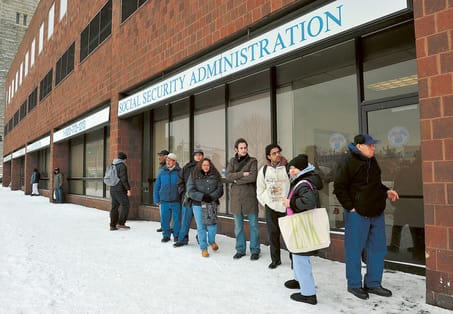Social Security, the cornerstone of retirement security for millions of Americans, is a subject of heated public debate. Recent proposals aim to address its underlying funding challenges and ensure its availability for future beneficiaries. With broad consensus among policymakers and the public alike, six key changes have emerged as priorities.
A notable reform involves increasing payroll taxation for high-income earners—specifically individuals making more than $400,000 annually. Referred to as the “donut hole,” this proposal seeks to ensure that these individuals contribute proportionately to Social Security, potentially covering funding gaps without impacting middle and lower-income earners.
Another suggestion gaining traction is indexing benefits to more accurately reflect cost-of-living adjustments (COLAs) for specific demographics like seniors and individuals with disabilities. Traditional inflation measures, often critiqued for undervaluing medical costs faced by retirees, might soon be revised for more equitable adjustments.
Further under consideration is raising the cap on maximum taxable earnings. Social Security currently taxes wages only up to a certain threshold. With political will building, this ceiling could be lifted entirely or incrementally, ensuring equitable contribution from higher income brackets.
Additional reforms focus on recalibrating full retirement ages or creating incentives for delayed benefit claims—actions that can significantly impact program solvency.
Proposals must balance economic responsibilities across contributors while preventing cuts beneficial to both young and aging workforce populations.



